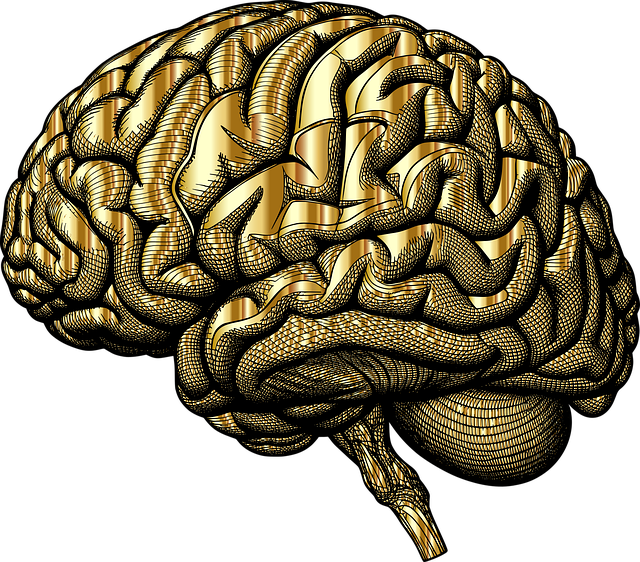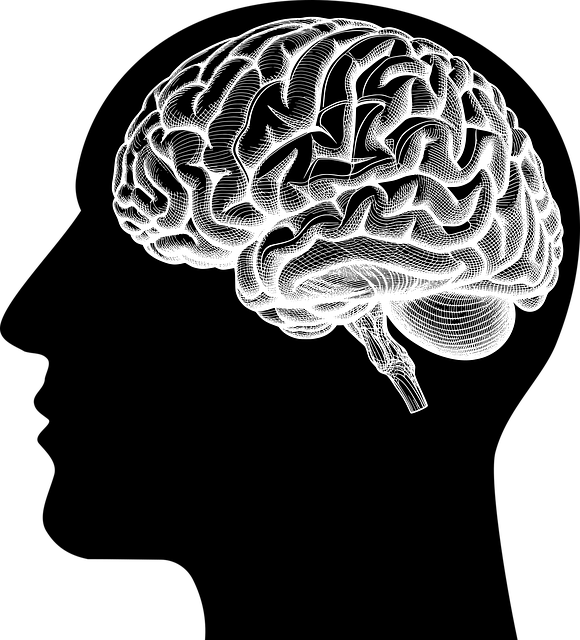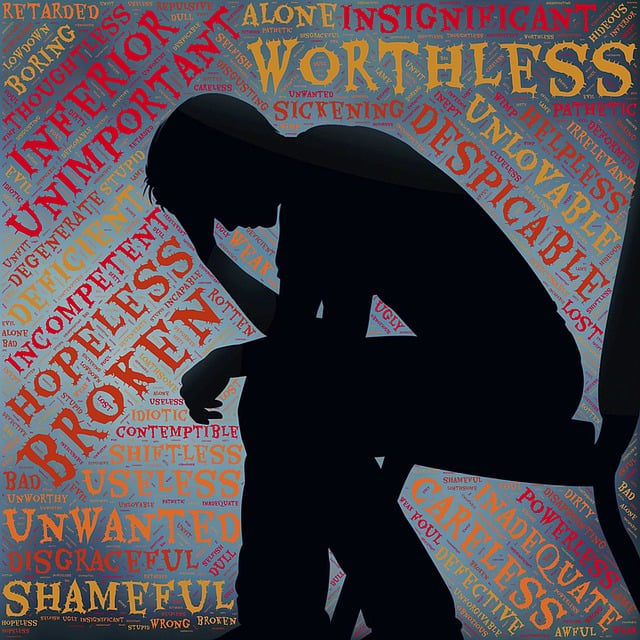Understanding bipolar disorder, a mental health condition marked by extreme mood swings, is key to developing effective educational programs. Broomfield Bipolar Disorder Therapy takes a holistic approach, combining self-care, stress management, and social support through cognitive-behavioral therapy to improve outcomes. Overcoming misconceptions and stigma is vital for accessing essential therapy and managing symptoms with strategies like crisis intervention, empathy building, and communication techniques.
In today’s world, mental health education is a vital component of overall well-being. This article explores the design and implementation of an effective program focused on Broomfield Bipolar Disorder Therapy. We begin by delving into bipolar disorder—its prevalence, impact, and common misconceptions—as a case study. Next, we present strategies for creating engaging content, utilizing resources, and facilitating peer support. Finally, we discuss long-term success through feedback mechanisms, data analysis, and adaptation to community needs, emphasizing the program’s potential to revolutionize mental health awareness in Broomfield.
- Understanding Mental Health Disorders: Bipolar Disorder as a Case Study
- – Prevalence and impact of bipolar disorder
- – Common misconceptions and stigma surrounding the condition
Understanding Mental Health Disorders: Bipolar Disorder as a Case Study

Understanding mental health disorders is a foundational step in designing effective education programs. Bipolar disorder, characterized by extreme mood swings from euphoria to depression, serves as a compelling case study. This complex condition often begins in early adulthood and can significantly impact an individual’s daily functioning and relationships. Recognizing the symptoms, such as intense energy and heightened creativity during manic phases and profound sadness, fatigue, and sleep disturbances in depressive episodes, is crucial for early intervention.
Broomfield Bipolar Disorder Therapy focuses on a holistic approach, integrating self-care practices, stress management workshops, and organizations that support social connections. Self-esteem improvement techniques, like cognitive-behavioral therapy, empower individuals to manage their symptoms effectively. By combining education, awareness, and access to resources, communities can foster better mental health outcomes for those grappling with bipolar disorder and similar conditions.
– Prevalence and impact of bipolar disorder

Bipolar disorder is a significant mental health condition that affects millions worldwide. It’s characterized by extreme mood swings, from intense mania to deep depression, impacting an individual’s ability to function in daily life. According to research, approximately 1% of the global population suffers from bipolar disorder, making it a prevalent issue that often goes undiagnosed or mismanaged. In Broomfield, Bipolar Disorder Therapy has become a crucial focus for healthcare providers due to its high prevalence and far-reaching consequences.
This complex illness can lead to impaired judgment, impulsive behaviors, and severe emotional instability. Individuals with bipolar disorder may struggle with maintaining stable relationships, performing well at work or school, and managing daily tasks. The impact extends beyond the individual, affecting families and social networks. Effective treatment often involves a combination of medication for mood stabilization, psychotherapy, and specialized programs that enhance coping strategies. Incorporating skills like stress management, emotional regulation, and social skills training can significantly improve outcomes, as highlighted in Healthcare Provider Cultural Competency Training.
– Common misconceptions and stigma surrounding the condition

Mental health is a subject that often comes with numerous misconceptions and stigma, especially when it involves conditions like Broomfield Bipolar Disorder. Despite growing awareness, many individuals still struggle to understand bipolar disorder, leading to misinformed opinions and judgments. This can create a barrier for those seeking support, often resulting in delayed access to essential therapy and guidance, such as that provided by Broomfield Bipolar Disorder Therapy specialists.
One of the primary challenges is separating fact from fiction. Bipolar disorder is often misunderstood as mere moodiness or even a sign of weakness. However, it’s crucial to recognize its impact on an individual’s life—a complex mental health condition characterized by extreme mood swings, affecting energy levels, thinking patterns, and behavior. Crisis Intervention Guidance plays a vital role in helping individuals navigate these intense periods while fostering resilience. Additionally, Empathy Building Strategies and effective Communication Strategies are essential tools for both patients and support systems to break down barriers and encourage open dialogue.
Mental health education programs play a pivotal role in reducing the stigma associated with disorders like bipolar, as exemplified by Broomfield Bipolar Disorder Therapy initiatives. By providing accurate information and challenging misconceptions, these programs empower individuals to recognize symptoms, seek support, and foster an inclusive environment. Through comprehensive case studies and interactive learning, we can enhance societal understanding, promote early intervention, and ultimately improve outcomes for those living with mental health challenges.









